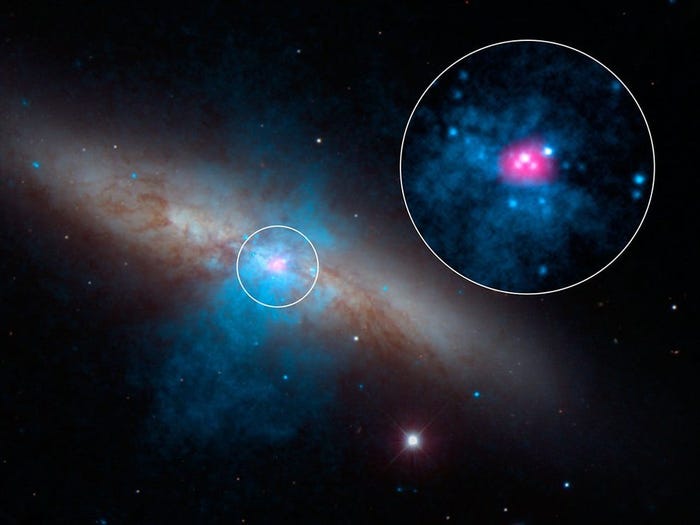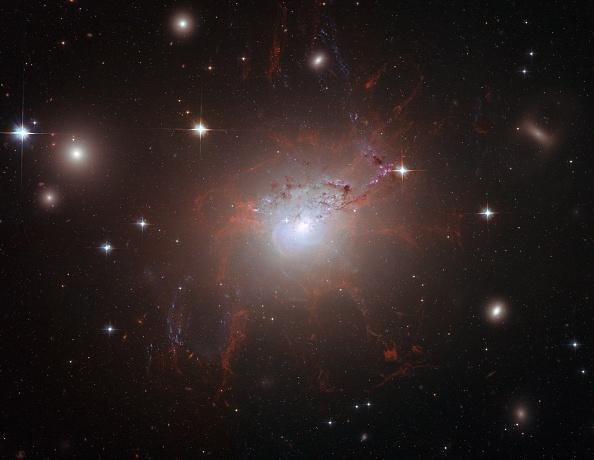NASA has been searching for ultra-bright X-ray sources for some time now, and its latest discovery has astounded the world of astrophysicists and astronomers.
Ultraluminous X-ray sources are astronomical objects that emit a huge amount of X-rays, usually found in distant galaxies and considered rare. It emits 10,000 times more energy than the sun.
This even breaks a concept in astrophysics known as the “Eddington limit,” which refers to the maximum amount of radiation a star can emit without compressing that radiation making the star itself unstable. The limit is determined by the relationship between the mass of the star and its luminosity and, If it exceeds this limit, the star is expected to explode into several pieces.
In new notes posted on Astrophysical JournalNASA confirmed that the ULX in particular – called M82 X-2 – may push Eddington’s limit. The analysis noted that ULX extracted about 9 trillion tons of material annually from a neighboring star, which means that its brightness is caused by an abnormal amount of material that exceeds a threshold.
 An ultra-bright X-ray source called M82 X-2 within the Messier 82 galaxy. (NASA/JPL-Caltech/SAO/NOAO)source: NASA
An ultra-bright X-ray source called M82 X-2 within the Messier 82 galaxy. (NASA/JPL-Caltech/SAO/NOAO)source: NASA
ULX is formed from neutron stars, which are the dead nuclear remnants of stars like the Sun. A neutron star is so dense that gravity on its surface is about 100 trillion times stronger than Earth’s. This means that any matter drawn to the dead star’s surface will be blown away.
Scientists around the world have theories about ULX that defy the rules of astrophysics. said Matteo Pacchetti, astrophysicist and study author.
